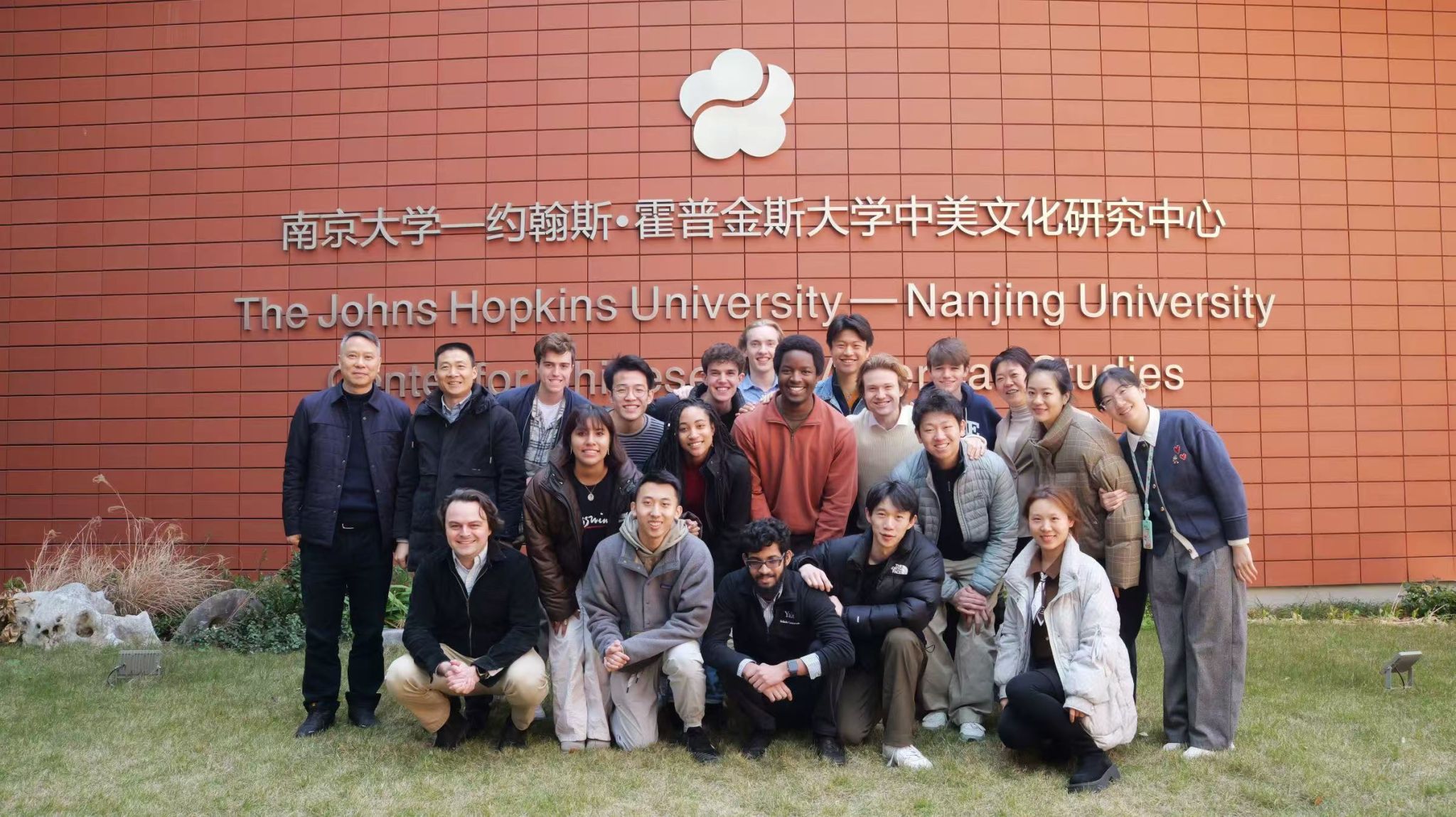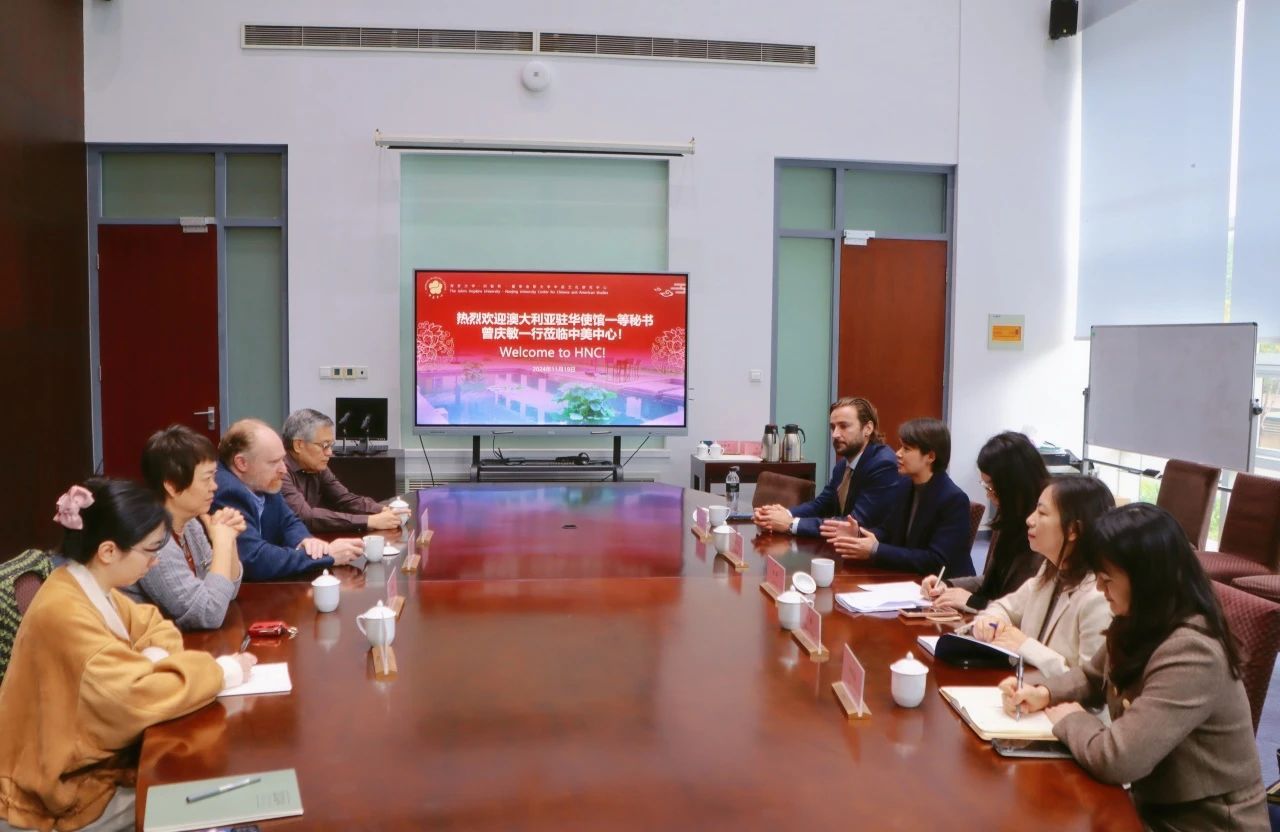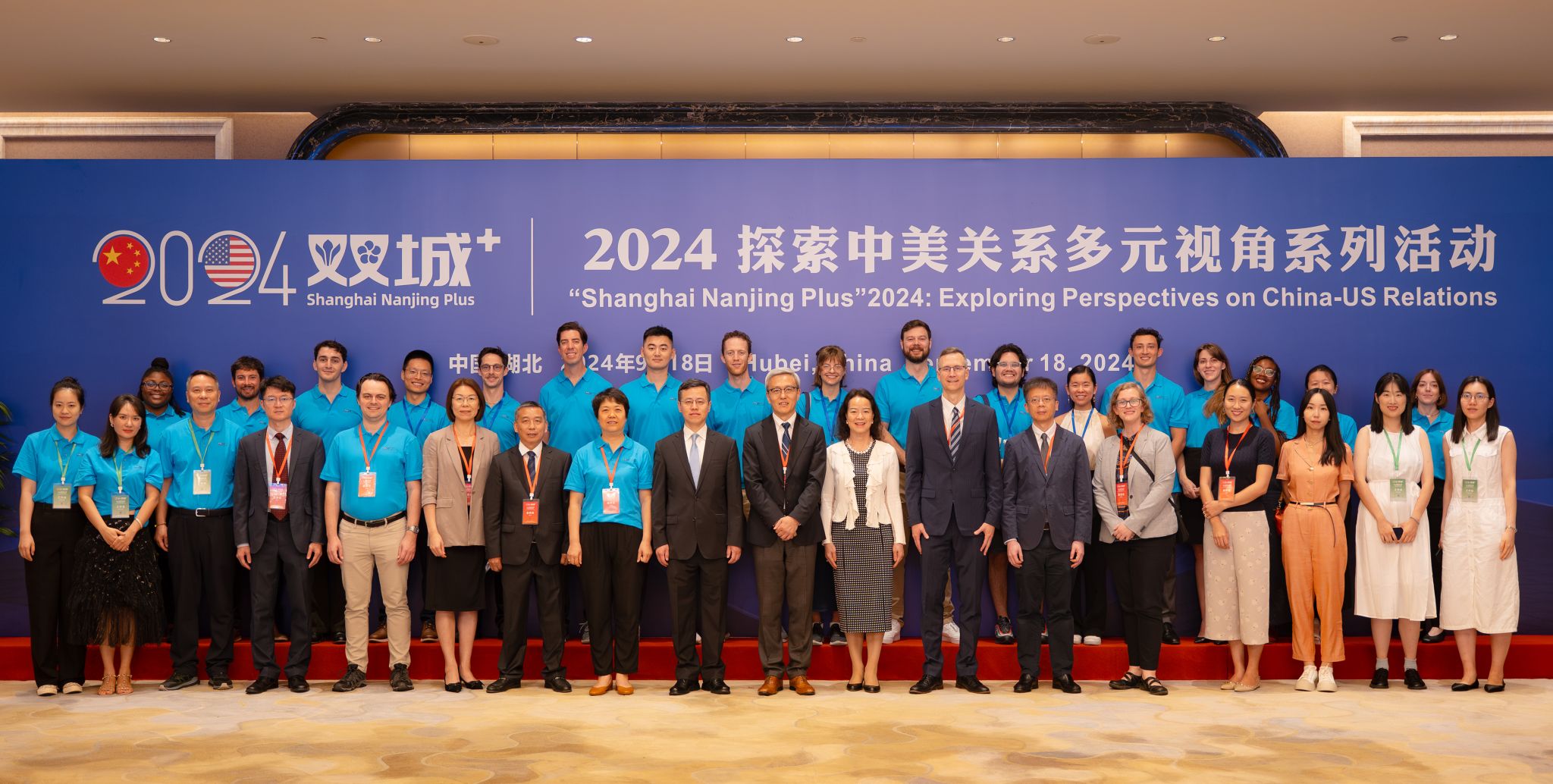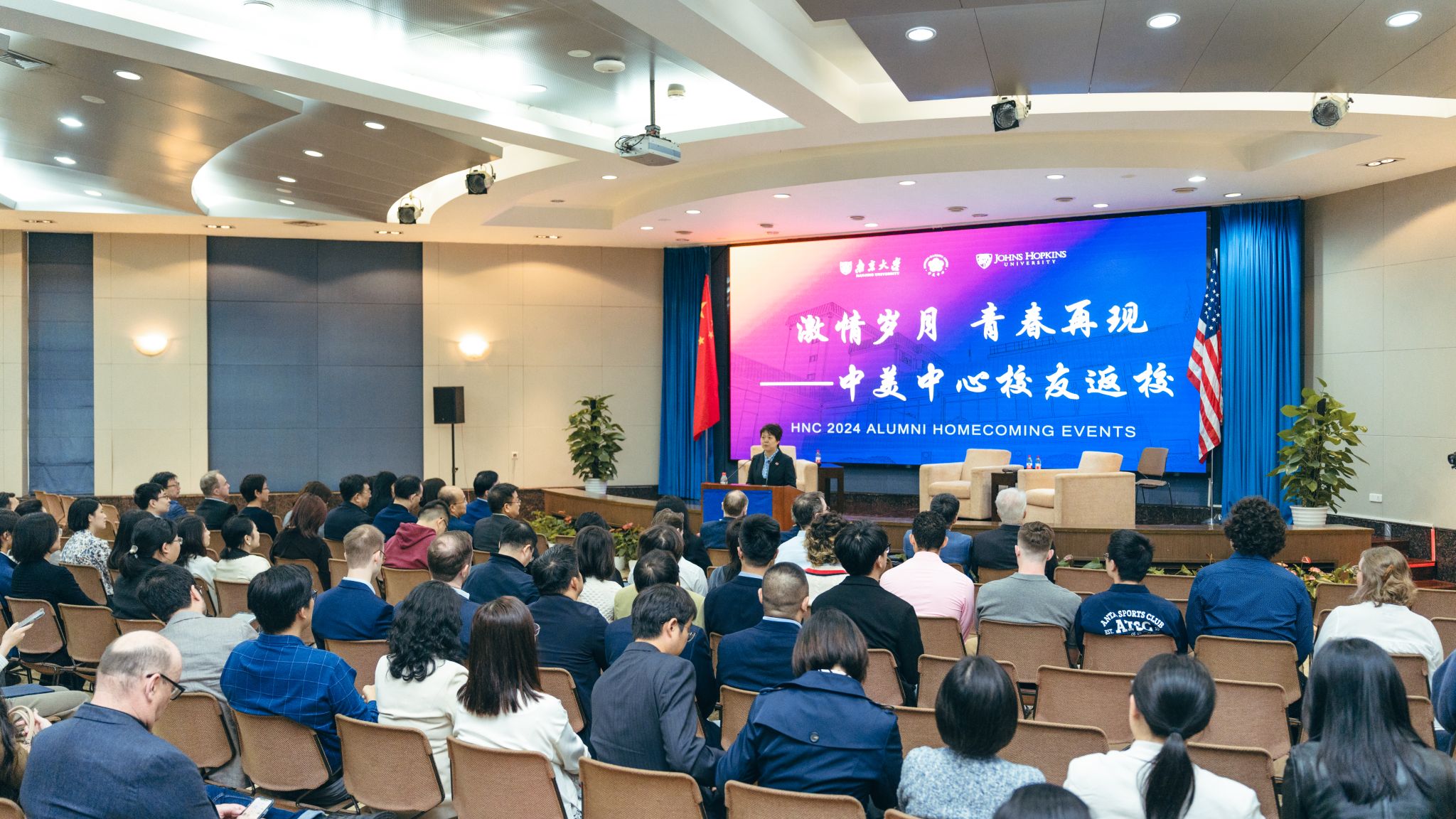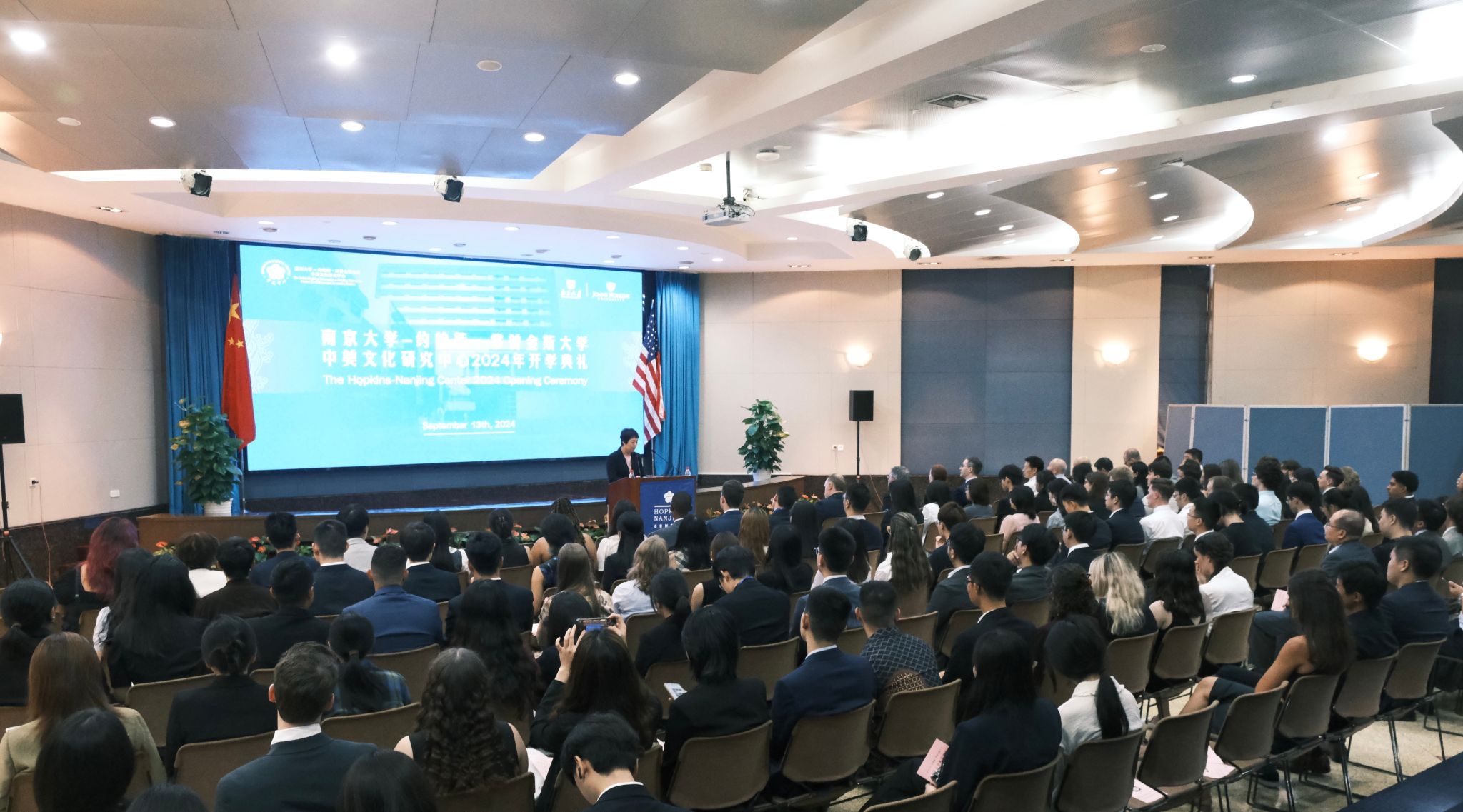The delegation of Shanghai Nanjing Plus 2024 started the second day of its tour in Wuhan on Friday. As a hub in central China, Wuhan provides a window for observing energy transformation and regional development. The delegation was involved in active exchanges related to the fields of new energy and high-tech.
The first stop was Institute of New Energy, located in Wuhan East Lake New Technology Development Zone, which was jointly established by the Wuhan government and Huazhong University of Science and Technology in July, 2016. The institute focuses on technology R&D and transformation, as well as project incubation in the fields of efficient utilization of traditional energy and large-scale utilization of clean energy.
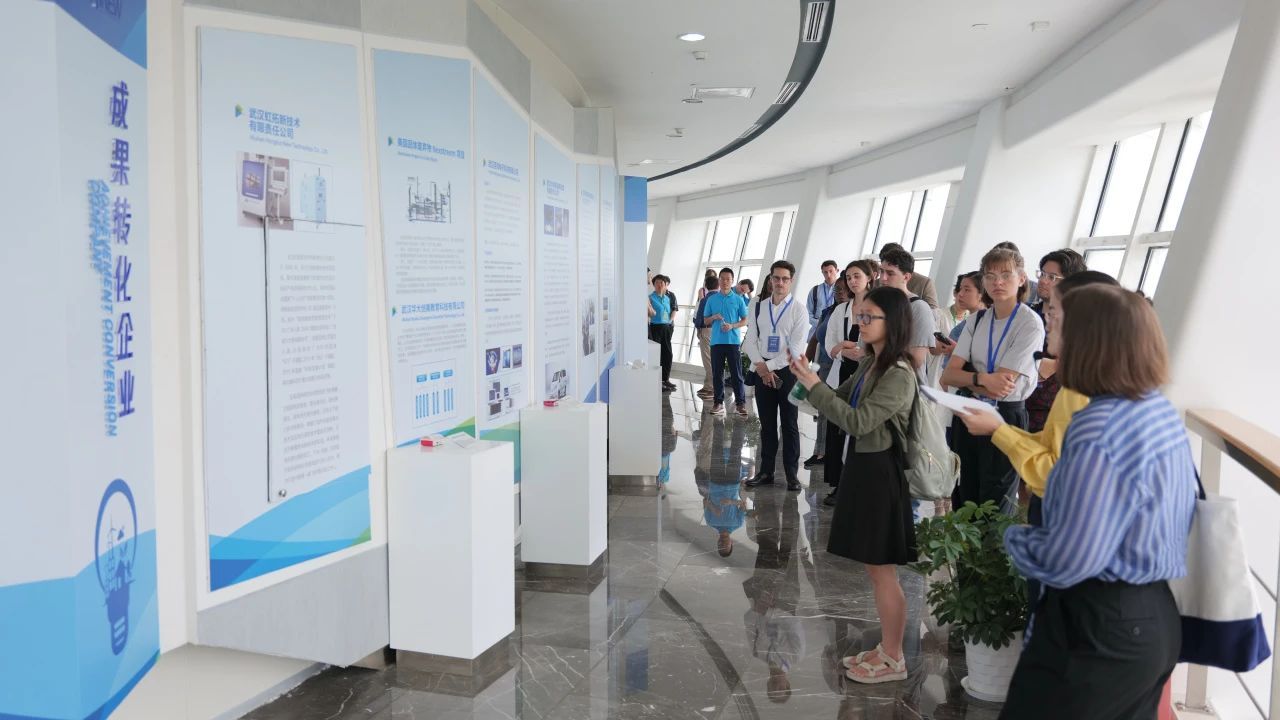
Inside the new energy building resembling a calla lily, members of the delegation visited the exhibition hall and representative start-up enterprises, gaining a firsthand understanding of China’s exemplary green building and research center in the field of new materials.
The second stop was Wuhan Landing Medical High-tech Co., Ltd., a medical technology company focused on AI cytology and digital pathology solutions.
During the tour, Sun Xiaorong, Chairperson of Landing Med and Wang Lan, Head of Marketing, provided a comprehensive introduction of the company’s efforts to create a digital workflow and automate the most labor-intensive parts of the cancer screening process with the AI cloud platform. As a result, the company was able to help rural people both inside and outside of China with more affordable and accessible digital solutions to early diagnosis of various high-risk cancers. One good example is the AI-assisted cervical cancer screening programs across China.
The attendees showed much interest in this company and its related industry, and asked questions actively, including the possible new project in Africa and its obstacles, women’s self-sampling as a trend, and the reason why this AI-assisted program could be quickly promoted in China.
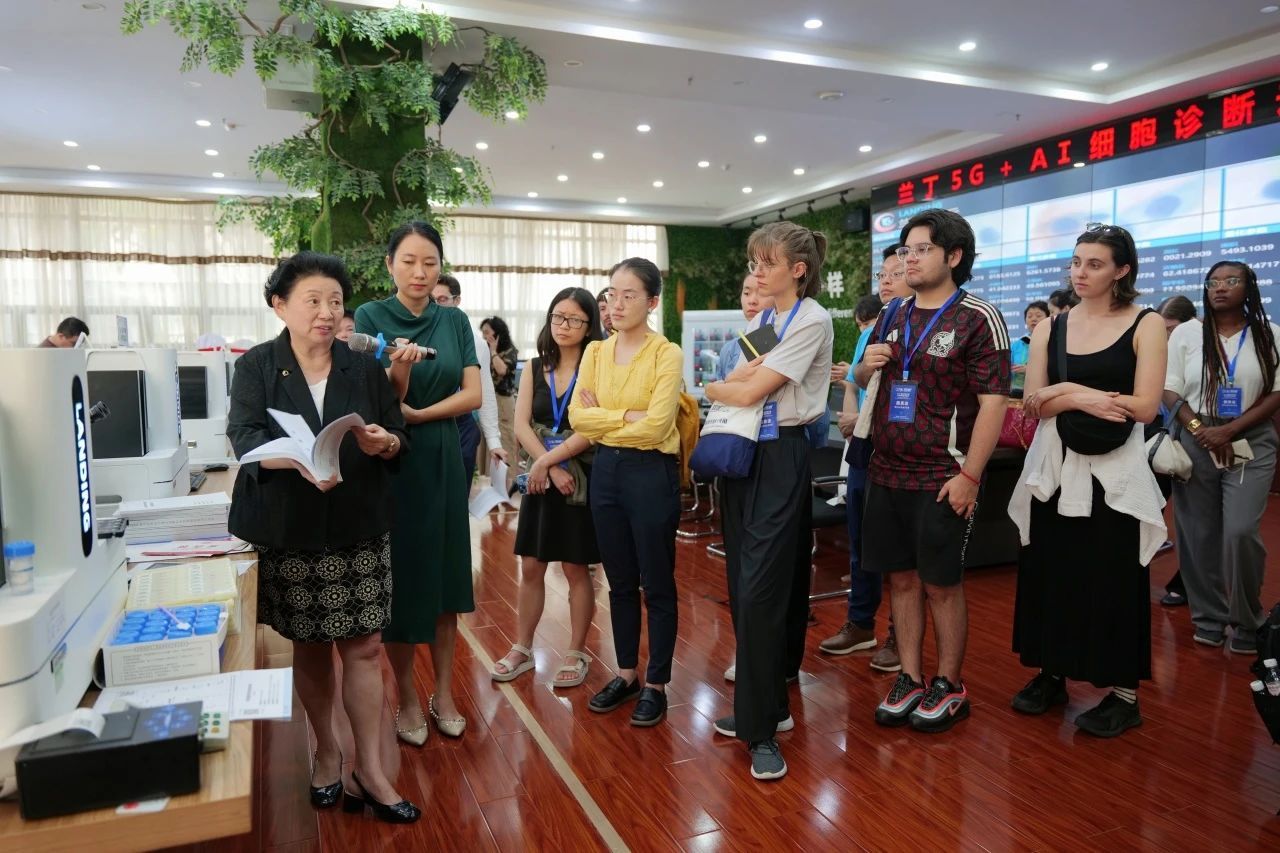
After lunch, the delegation visited China Carbon Emissions Registration and Clearing Co., Ltd. (CRC), where the members learned about its development process.
As the authorized registration and settlement institution for the national carbon market, CRC was established and is operated by China’s Ministry of Ecology and Environment. It provides market-oriented services such as registration, trading, settlement, and asset management, for various trading entities in the market. CRC opens a window to showcase China's practice in addressing climate change, as well as its goals of achieving peak carbon emissions by 2030 and carbon neutrality by 2060.
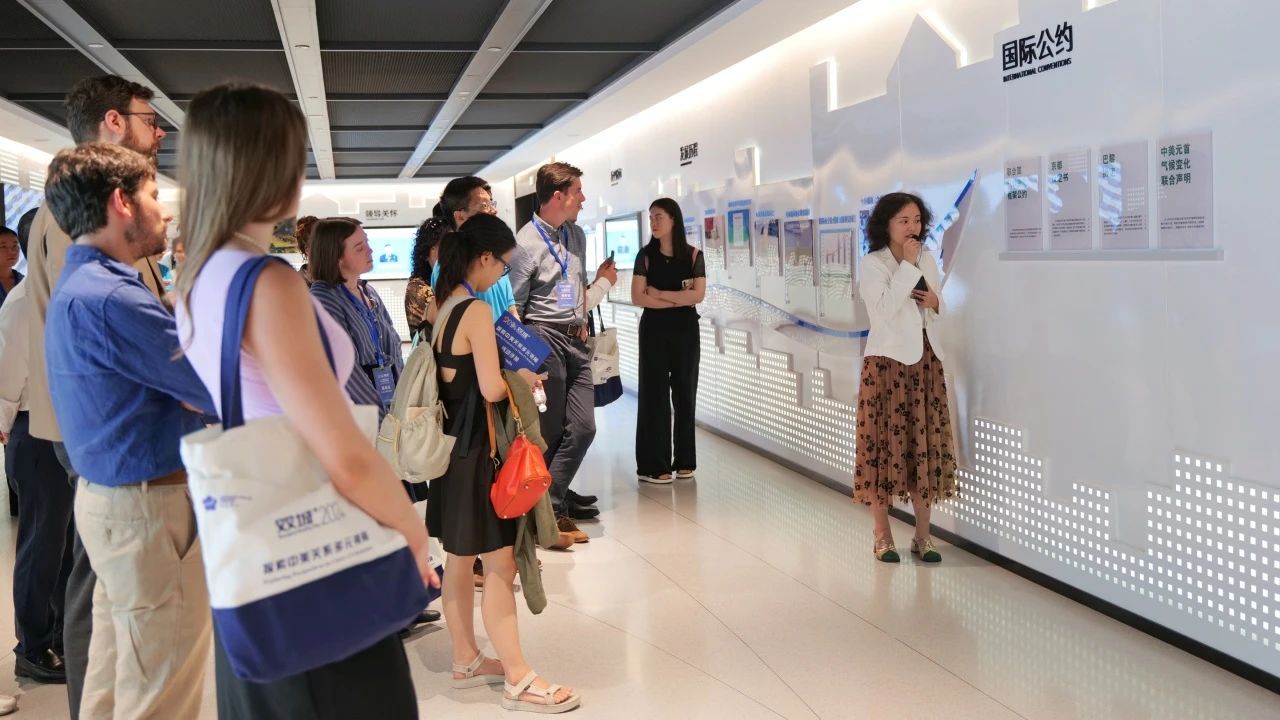
The fourth stop was Wuhan University, with a history of over 130 years, where a workshop was held for China-US scholars.
Yuan Yufeng, Vice President of Wuhan University, offered an overview of the university in his speech, adding that in recent years, Wuhan University has deepened its cooperation with several universities in the U.S. in academic and educational fields, providing opportunities for more active international exchanges. The Shanghai Nanjing Plus 2024 has created a wonderful platform for in-depth dialogue among Chinese and American scholars.
Li Xiaorong, the Chinese Co-Director of Hopkins-Nanjing Center, said that every time she came to Wuhan University, she was deeply impressed by the beautiful campus. Although the backgrounds of the scholars vary, they are all open to different perspectives, which is also the essence of this event.

In the subsequent sessions, Wang Zizhu, a student of Hongyi Honor College of Wuhan University, and Professor Yu Zhen, the dean, introduced the history and globalization development of Wuhan and Wuhan University.
Subsequently, focusing on the theme of addressing climate change and regional development, Professor Yang Mian from the Economics and Management School of Wuhan University shared his research on the relationship between ultra-high voltage transmission and cross-region carbon emissions. One member of the delegation, Tyler Harlan, associate professor at Loyola Marymount University, compared the new energy policies in western China and western America, as well as their impact on regional development. Liu Jin, senior vice president of CITIC Investment, analyzed the green equity investment in China. Also, Xiong Yuxiang, a doctoral candidate from the Economics and Management School of Wuhan University, shared with everyone his research results on the impact of China-US trade on environmental sustainability in the U.S..
During the Q&A session, both teachers and students from Wuhan University and delegation members actively engaged in discussions related to the development status and trends in China’s new energy industry, especially about the details of previous speeches. Afterwards, the members visited the Wuhan University History Museum.
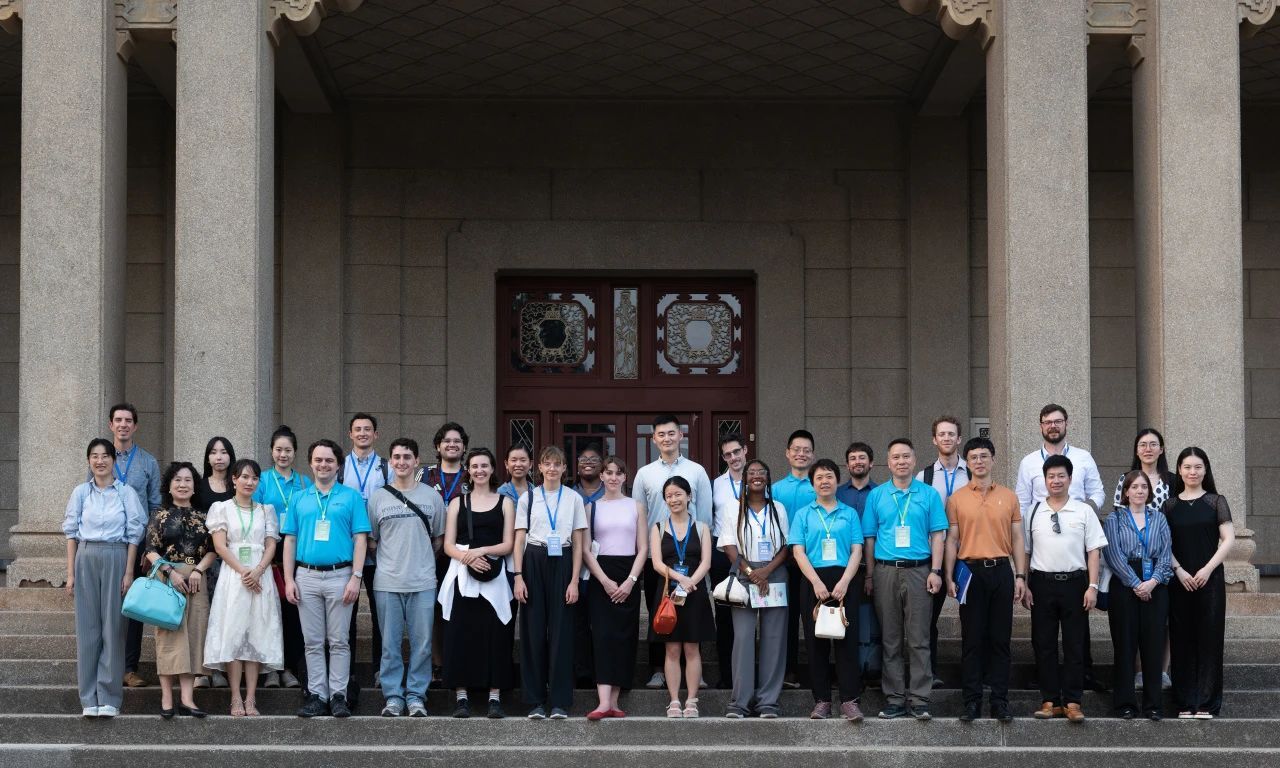
As night fell, the delegation arrived at the Yangtze River dock and boarded the "Yangtze River Glory" cruise ship, enjoying the unique experience of a night tour on the river with soothing breezes. This also marked a joyful conclusion to the series of events on the 19th.
